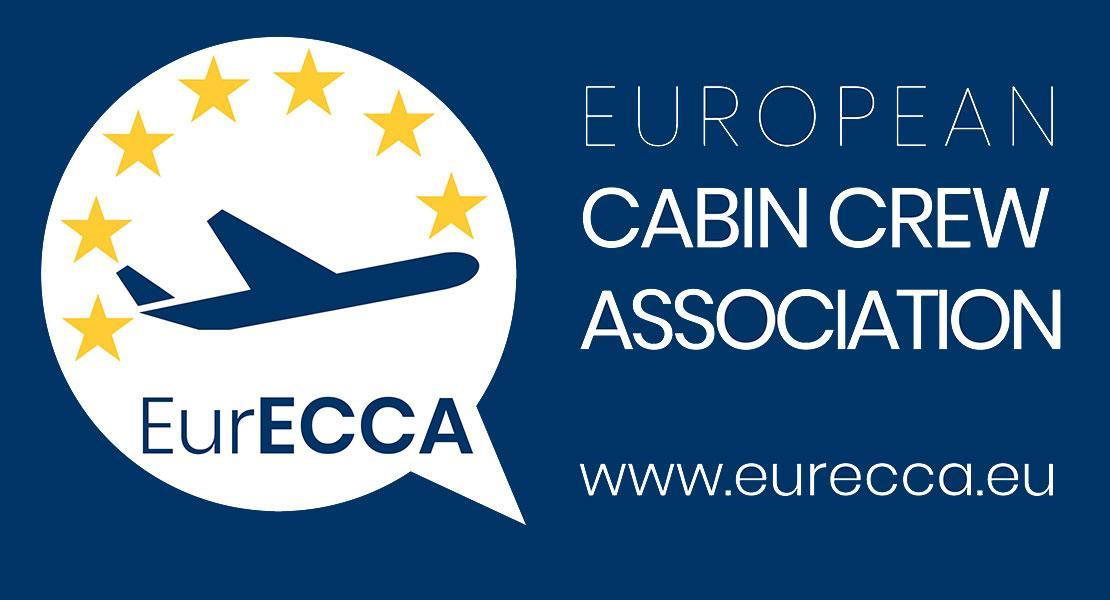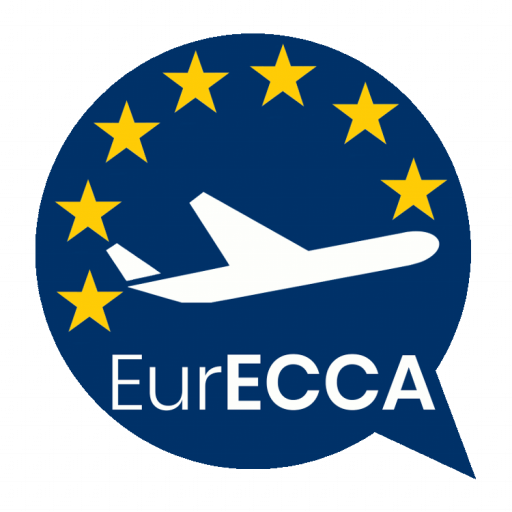EurECCA welcomes proposed new Regulation to address distortions on competition
While European airlines and their employees are already suffering from unfair competition from non-EU airlines, this situation of unfair competition is becoming more and more untenable since the Covid-19 health crisis
Currently, only Regulation (EC) 1008/2008 protects the independence of European aviation by prohibiting majority shareholdings. As regards the ownership of an EU carrier, Article 4(f) of Regulation (EC) 1008/2008 provides that an undertaking shall be granted an operating license by the competent licensing authority provided that “Member States and/or nationals of Member States own more than 50% of and effectively control the undertaking”.
In parallel, Regulation (EU) 2019/712 addresses the problem of distortions of competition caused by subsidies to third country airlines, which give rise to unfair practices as capacity, price dumping.
However, there is no European legislation dealing with subsidies granted by third countries to European airlines. While ownership and control rules are respected, there is no mechanism in European legislation to deal with such practices through sanctions or prohibition. Furthermore, even below this 50% majority ownership threshold, the contributions and financial contributions of these third countries can have a clear distorting effect on the European aviation market.
EurECCA considers that the current proposal does not sufficiently clarify whether the new regulation will apply in parallel to Regulations (EC) 1008/2008 and (EU) 2019/712. It is therefore essential that this new regulation being complementary to the existing regulations with the scope to address third country direct and indirect subsidies to European airlines using a subsidy mechanism allowed by the lack of effective control by the European Union.
The facts show that it is very often a national airline or/and one already subsidized by a third country state that subsidizes and an European airline, without infringing Regulation (EC)1008/2008.
In this case, it is indeed a mechanism of disguised subsidies made possible by a “domino effect”.
European airlines already have to comply with numerous obligations in terms of respect for the environment, consumer protection and the social protection of their employees, whereas certain third country airlines do not have such costs constraints and at the same time also benefit from subsidies. This further distorts the competitiveness of EU airlines, which are subject to scrutiny and often face appeals when they receive state aid.
EurECCA would particularly welcome clarification from the Commission on the interpretation of Chapter 6, Art. 40, paragraph 6:
“This Regulation is without prejudice to the application of Regulation (EU) 2019/712 of the European Parliament and of the Council. Notifiable concentrations, as defined in Article 18 of this Regulation, involving air carriers shall be subject to the provisions of Chapter 3. Public procurement procedures, as defined in Article 27 of this Regulation, involving air carriers shall be subject to the provisions of Chapter 4.”
In addition, the new proposed regulation covers three “components”: a) concentrations, b) procurement and c) all other market situations. The paragraph above covers the first two and clarifies that they are subject to certain chapters of the new regulation. There is
however no mention of component c), which is the one that applies to examples of ownership and control cases in EU airlines.


